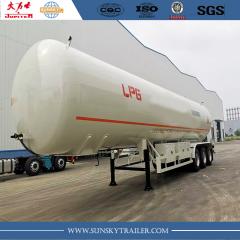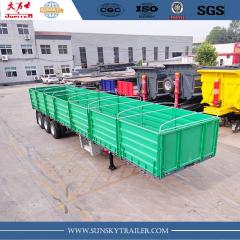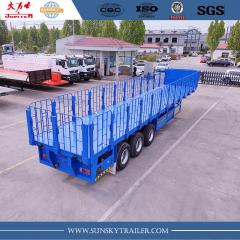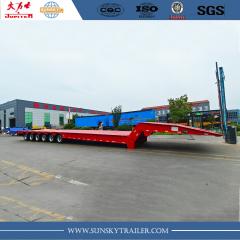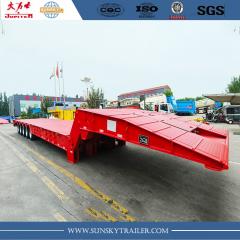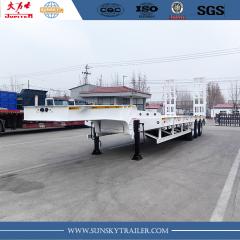The fuel capacity of a semi truck is designed to provide sufficient range for long trips without the need to stop frequently for refuelling. The larger fuel capacity helps drivers to travel longer distances between refuelling stations, especially on highways and in remote areas where refuelling stations may be scarce.
The actual fuel efficiency (miles per gallon) of a semi-trailer truck may vary depending on factors such as load weight, driving conditions, terrain and driving habits. Here's a breakdown of the factors that affect actual fuel efficiency from sunskyvehicle.
What are the factors that affect the actual fuel efficiency of a semi-trailer truck:
Several factors can affect the actual fuel efficiency of a semi-trailer truck. Here are some key factors to consider:
Driving Technique: The driver's behavior and driving technique have a significant impact on fuel efficiency. Smooth acceleration and deceleration, maintaining a consistent speed, and avoiding unnecessary idling or aggressive driving (such as rapid acceleration, hard braking) can help improve fuel efficiency.
Vehicle Maintenance: Proper maintenance of the truck, including regular tune-ups, oil changes, and tire maintenance, is essential for optimal fuel efficiency. Well-maintained engines, properly inflated tires, and clean air filters can contribute to better fuel economy.
Aerodynamics: The aerodynamic design of the truck and any attached trailers plays a role in fuel efficiency. Trucks with streamlined shapes, aerodynamic fairings, and properly adjusted side mirrors can reduce wind resistance and improve fuel efficiency. Additionally, ensuring that the trailer doors, panels, and other components are properly closed and secured can minimize air drag.
Payload and Weight Distribution: Carrying excessive weight can increase fuel consumption. It is important to properly load and distribute the weight within the trailer to maintain stability and reduce fuel usage. Removing unnecessary or excess cargo and optimizing the load distribution can positively impact fuel efficiency.
Route and Terrain: The driving route and terrain can affect fuel efficiency. Hilly or mountainous terrains, frequent stops and starts, and congested urban areas can increase fuel consumption. In contrast, driving on flat terrain and utilizing highways or routes with fewer traffic signals and congestion can contribute to better fuel efficiency.
Weather Conditions: Adverse weather conditions such as strong headwinds, heavy rain, or snow can increase fuel consumption due to the increased resistance faced by the truck. Planning routes and adjusting driving techniques based on weather conditions can help mitigate the impact on fuel efficiency.
Technology and Equipment: The use of fuel-efficient technologies and equipment, such as low rolling resistance tires, advanced engine management systems, and automatic engine shutdown features, can improve fuel efficiency. Additionally, utilizing newer, more fuel-efficient truck models with advanced drivetrain technologies can have a positive impact on fuel consumption.
It's important to note that each truck and driving scenario is unique, and the relative impact of these factors may vary. Efficient driving practices, regular maintenance, and considering the factors mentioned above can contribute to better fuel efficiency and reduced operating costs for semi-trailer trucks.
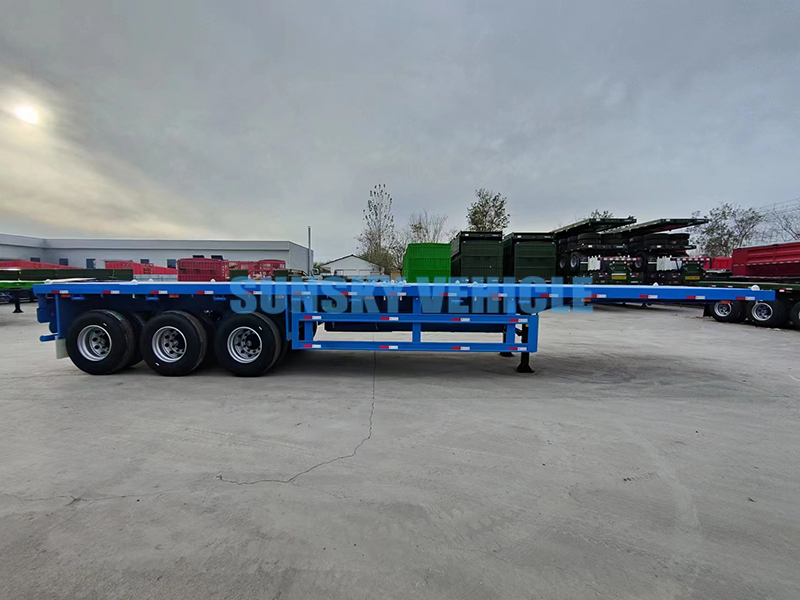
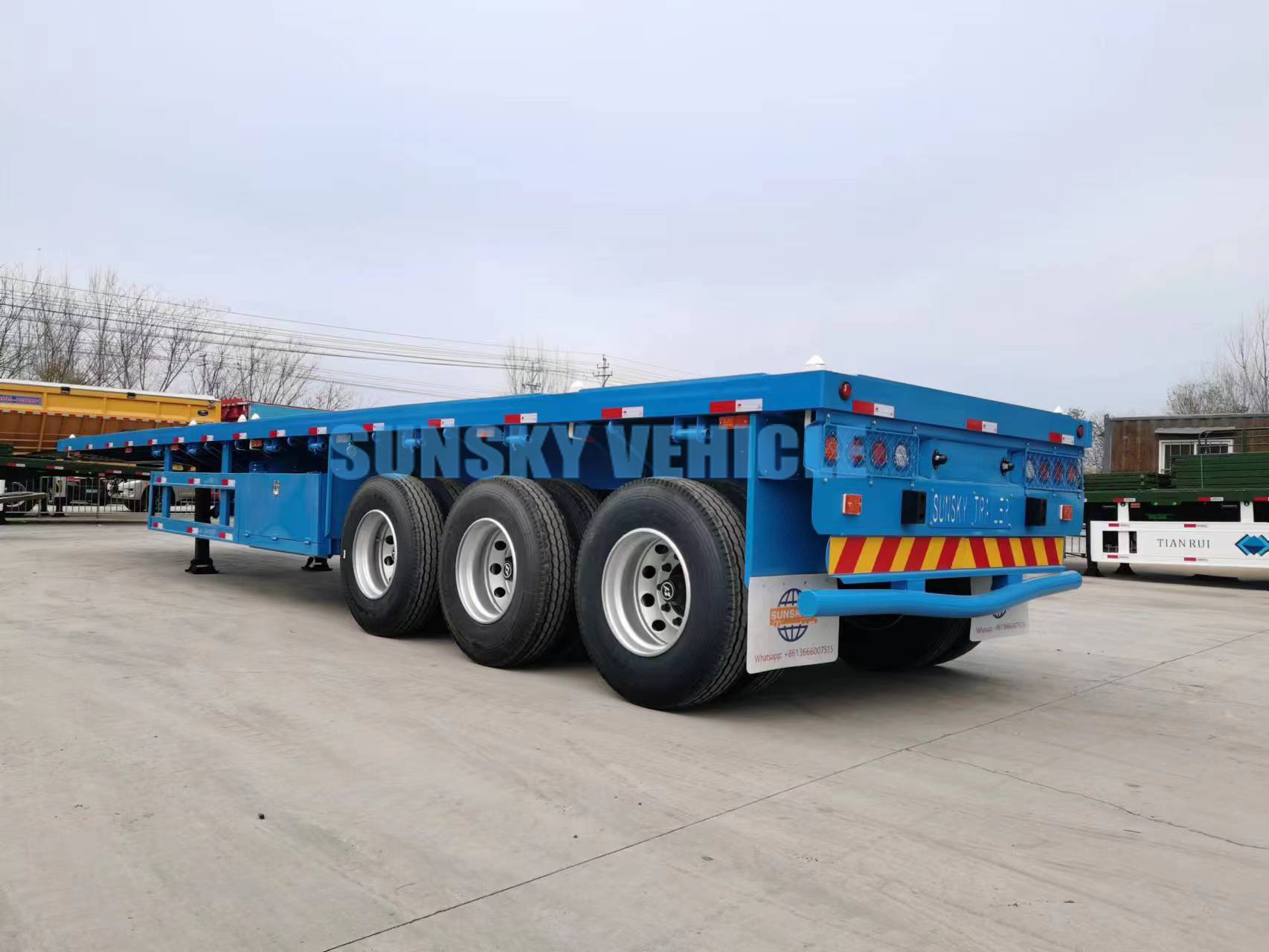
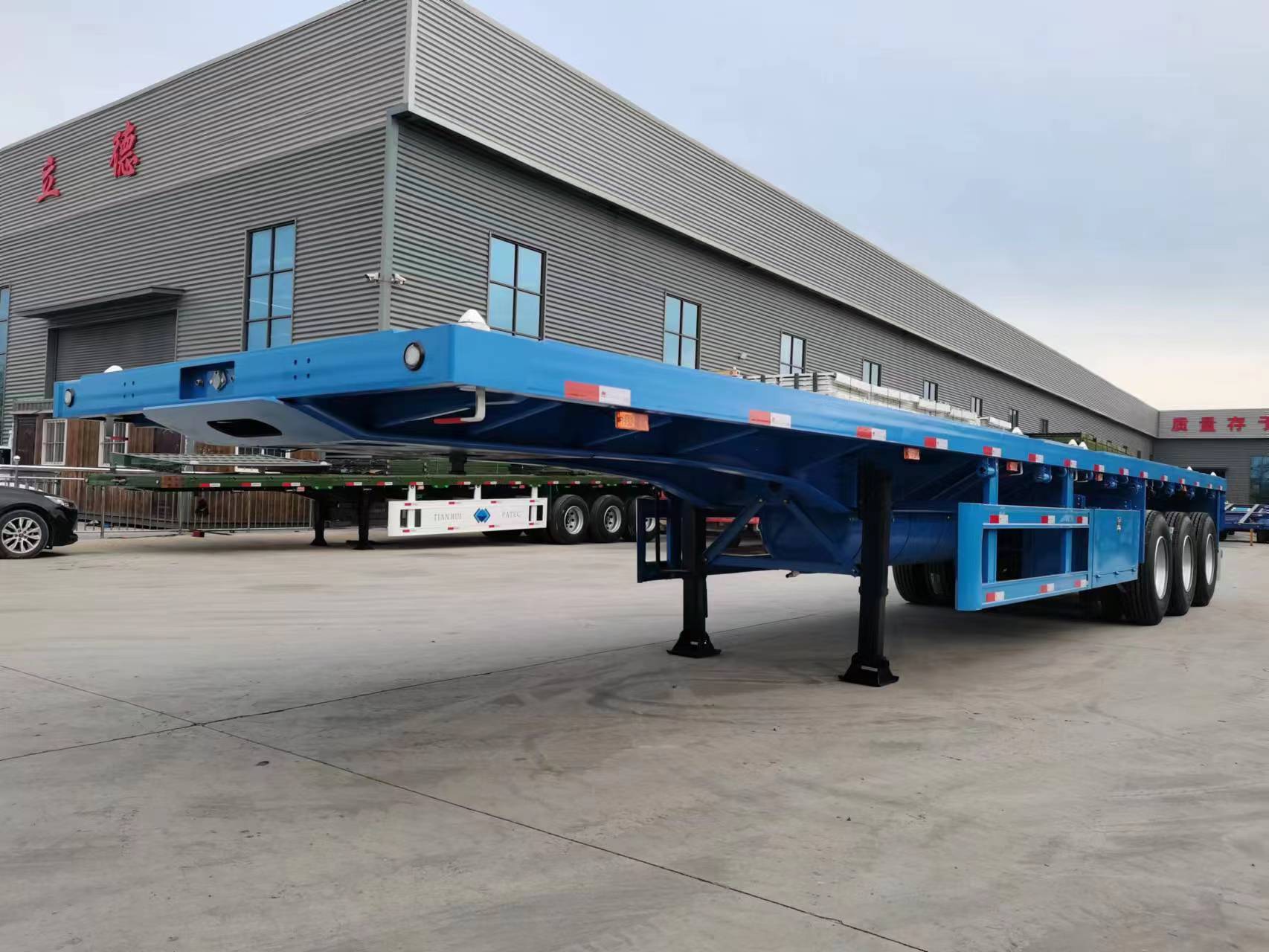
If you are about to start a semi trucking business or if you have better suggestions and comments you are welcome to point them out and we will provide you with the best professional services and products.





